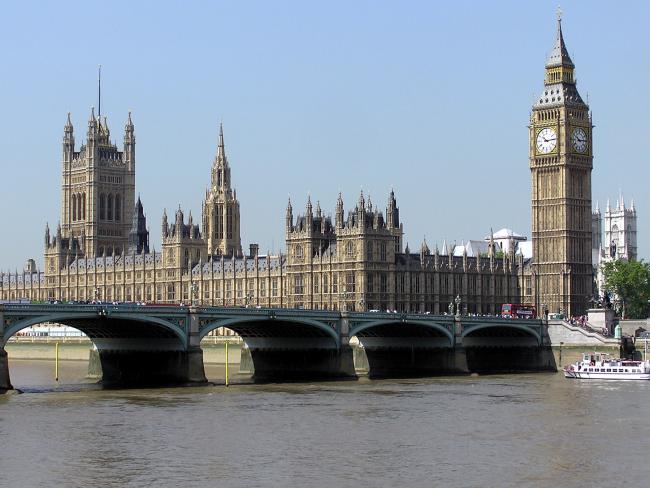On 11 September Parliament voted for the EU Withdrawal Bill by 326 votes to 290. This will end the supremacy of EU law in the UK; it will now be debated in detail. Another important milestone has been passed; the British people need to keep politicians' feet to the fire.
Jeremy Corbyn was trying to have its cake and eat it by insisting Labour MPs vote against. Seven of them voted in favour. Caroline Flint, MP for Don Valley and one of Corbyn’s prominent critics over his stance, abstained. During the debate she said,
“The truth is that whomever was in government would have to pass a Bill of this kind to prepare for leaving the EU in March 2019. There can be little disagreement about that, unless the ambition is to thwart the result of the EU referendum and to prevent or delay the UK leaving the EU. I believe that Labour’s job is to improve the Bill by amending it, not to kill the Bill at the beginning of its passage through Parliament.”
'There can be no disagreement about the need for the Bill unless the ambition is to delay the UK leaving the EU.'
Corbyn argues for “full access” to the EU single market claiming that maintains and develops workers’ rights and treacherously describes that as “respecting the referendum result”. It is the opposite.
Corbyn and his mouthpiece Brexit shadow minister Keir Starmer claim that the bill represents a “power grab” by the government as legislation will be created without proper scrutiny. That’s rich coming from the party that has failed to oppose very much since 2010.
The last Labour government doubled the number of statutory instruments used to introduce new law. It is a method all governments use to enact legislation. If the Repeal Bill is not passed, those rights currently safeguarded under EU law would not be enshrined in our law and on day one of independence would become null and void.
Democratic decision
To vote against the Bill is to vote against the democratic majority decision of the British people. The Bill will repeal the European Communities Act. If the Labour Party accepts the outcome of the referendum – as it stated in its election manifesto – then its MPs cannot vote against the measure that will implement our democratic decision.
Section 2(1) of the European Communities Act 1972 was a measure unknown in the previous history of the modern British constitution, because it made provision for the legislation of a body other than parliament to have direct effect here. By passing this Act, Parliament made itself legally subject to the legislative programme of the EU and, in section 2(2) of that Act, granted huge powers of secondary legislation in order to implement that programme domestically.
The law which is to be affected by the Withdrawal Bill was itself overwhelmingly brought into force as secondary legislation. The Bill merely goes some way to reversing this process.

